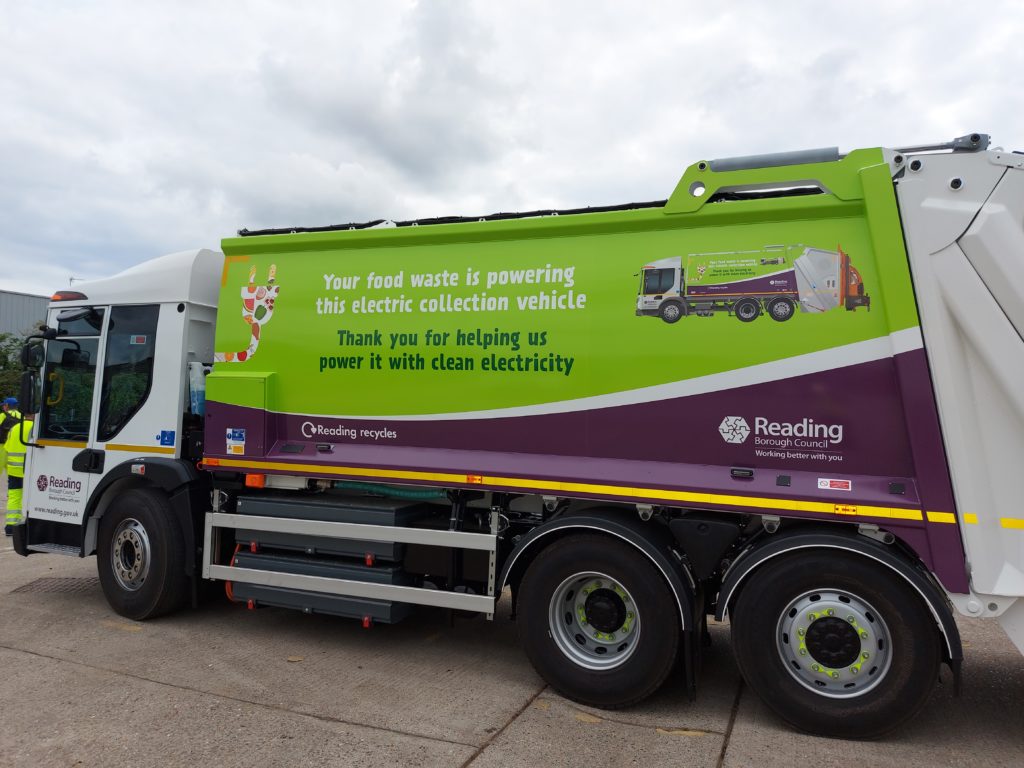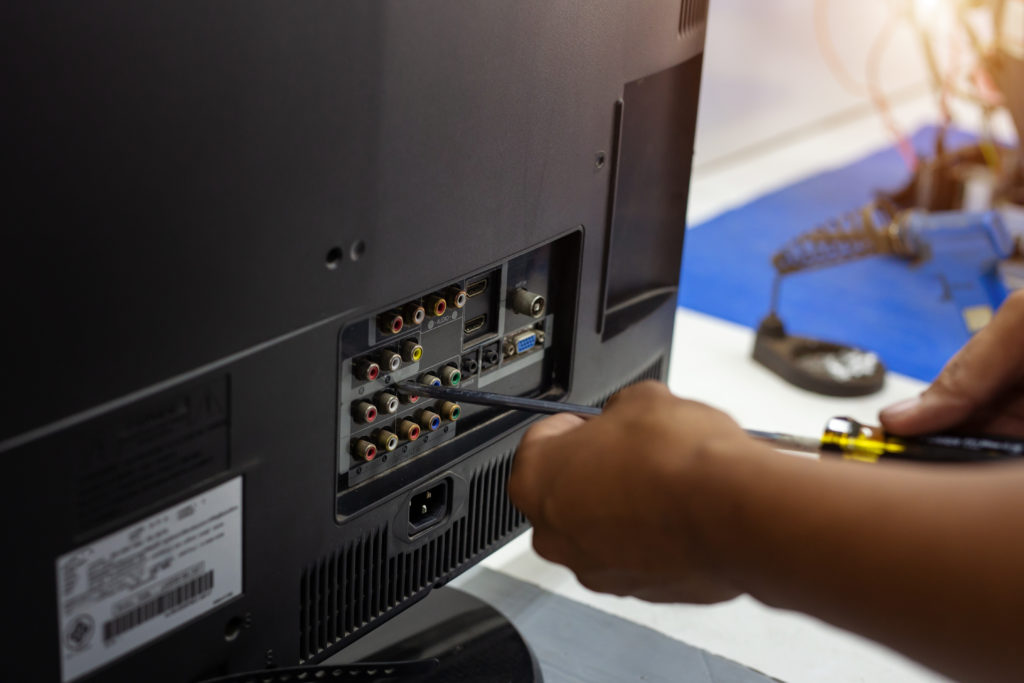UK100 is a network of 100 local authorities who have pledged to shift their communities to net zero before 2050, which is the government’s legal target. Members include the Greater London Authority, the Greater Manchester Combined Authority and Bristol city council, among others.
Waste was responsible for 6% of the UK’s emissions in 2020, the report says, and reductions in the sector’s emissions have “stagnated”.
UK100 notes the Climate Change Committee suggests that sending biodegradable waste to landfill must stop by 2030 and England’s municipal recycling rates must increase to 65% by 2025 and 70% by 2030 to be on track for net zero (see letsrecycle.com story).
To help decarbonise waste, UK100 calls for “urgent progress” on extended producer responsibility (EPR) for packaging and the deposit return scheme (DRS), which it says “have a lot of potential to improve the impact of the waste sector.”
UK100 also recommends implementing a framework for “more cohesive national collection and behaviour change to promote a circular economy”. It says there needs to be “clarity” on the role of the Office for Environmental Protection (OEP), a new public body created to hold government and other public authorities to account, in managing progress against waste targets.
And, the report also claims “clearer links” need to be made between the net zero agenda and improvements in waste reduction.
‘Too slow’
Karen Barrass, policy and research manager at UK100 and the report’s author, writes: “The Environment Act does promote more recycling collection, including moves towards food and green waste to be collected separately from other recyclable waste. But further guidance is awaited.
We can see there has been some progress in the effort to reduce and decarbonise waste, but not enough
– Karen Barrass, policy and research manager at UK100
“At this stage, we await a clear strategy on waste reduction, and clarity on how this is linked with the provisions of the Environment Act, and the way forward on net zero.
“All in all, we can see there has been some progress in the effort to reduce and decarbonise waste, but not enough, details are lacking, and this progress is too slow.”
Waste reduction
UK100’s report notes the government has made “movement” on waste reduction, with Defra consulting on a target for reducing residual waste (see letsrecycle.com story).

However, UK100 says there is a “lack” of common guidance and provision nationally to make things easier for local authorities, “which still find themselves with a level of responsibility that is not matched by their powers.”
UK100 also notes the cost to producers for implementing EPR for packaging fell by £1 billion when the government revealed its plans due to the exclusion of business waste (see letsrecycle.com story). The report says there is a need to ensure businesses are still “fully engaged”, while behaviour change for industry and householders is “incredibly important”. Local authorities have a “great opportunity” to influence behaviour change, UK100 says, and “should be empowered to maximise this”.
And, UK100 says flats and flats above commercial premises “represent a very different subset with their own challenges”. “They need particular attention if consistent collections are to be delivered,” the report says.
Progress
However, while it identifies challenges, the report suggests the government has made some progress during the past 12 months as it works towards net zero.
The government issued updated guidance to businesses in June to prepare them for the new legislation on packaging waste and EPR coming into effect from January 2023, the report says.
And, it has implemented a tax on plastic packaging not containing at least 30% recycled plastic and restricted the supply of single-use plastic straws and stirrers and plastic-stemmed cotton buds.
Related link
Local Net Zero Delivery Progress











Subscribe for free